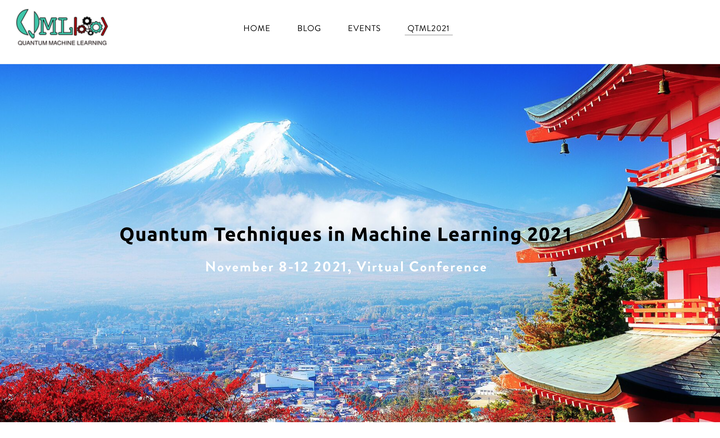 QTML 2021 Conference Website hosted by RIKEN-AIP (Center for Advanced Intelligence Project)
QTML 2021 Conference Website hosted by RIKEN-AIP (Center for Advanced Intelligence Project)
Abstract
Matrix quantum mechanics plays various important roles in theoretical physics, such as a holographic description of quantum black holes. Understanding quantum black holes and the role of entanglement in a holographic setup is of paramount importance for the development of better quantum algorithms (quantum error correction codes) and for the realization of a quantum theory of gravity. Quantum computing and deep learning offer us potentially useful approaches to study the dynamics of matrix quantum mechanics. For this reason, I will discuss a first benchmark of such techniques to simple models of matrix quantum mechanics. First, I will introduce a hybrid quantum-classical algorithm in a truncated Hilbert space suitable for finding the ground state of matrix models on NISQ-era devices. Then, I will discuss a deep learning approach to study the wave function of matrix quantum mechanics, even in a supersymmetric case, using a neural network representation of quantum states. Results for the ground state energy will be compared to traditional Lattice Monte Carlo simulations of the Euclidean path integral as a benchmark.
The QTML conference
Quantum Techniques in Machine Learning (QTML) is an annual international conference focusing on the interdisciplinary field of quantum technology and machine learning. The goal of the conference is to gather leading academic researchers and industry players to interact through a series of scientific talks focused on the interplay between machine learning and quantum physics.
QTML was first hosted in Verona, Italy (2017), then in Durban, South Africa (2018), Daejeon, South Korea (2019), virtual (2020, hosted by Zapata Computing). This is the conference’s fifth annual year and will be held online (hosted by RIKEN).
Topics
Example topics include, but are not limited to
- Quantum algorithms for machine learning tasks
- Learning and optimization with hybrid quantum-classical methods
- Tensor methods and quantum-inspired machine learning
- Data encoding and processing in quantum systems
- Quantum learning theory
- Fuzzy logic for quantum machine learning
- Quantum state reconstruction from data
- Machine learning for experimental quantum information
- Quantum machine learning applications for industry
My invited talk at the conference
Below is a recording of my talk, but all talks from the conference are on YouTube, in a playlist on the RIKEN AIP YouTube channel: